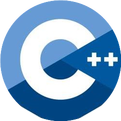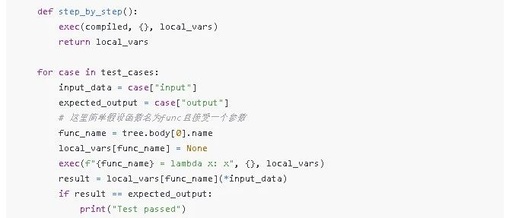Cool C Language Techniques
Click the blue text Follow us Due to changes in the public account’s push rules, please click “View” and add “Star” to get exciting technical shares as soon as possible Source from the internet, please delete if infringing C language often makes people feel that what it can express is very limited. It does not … Read more



